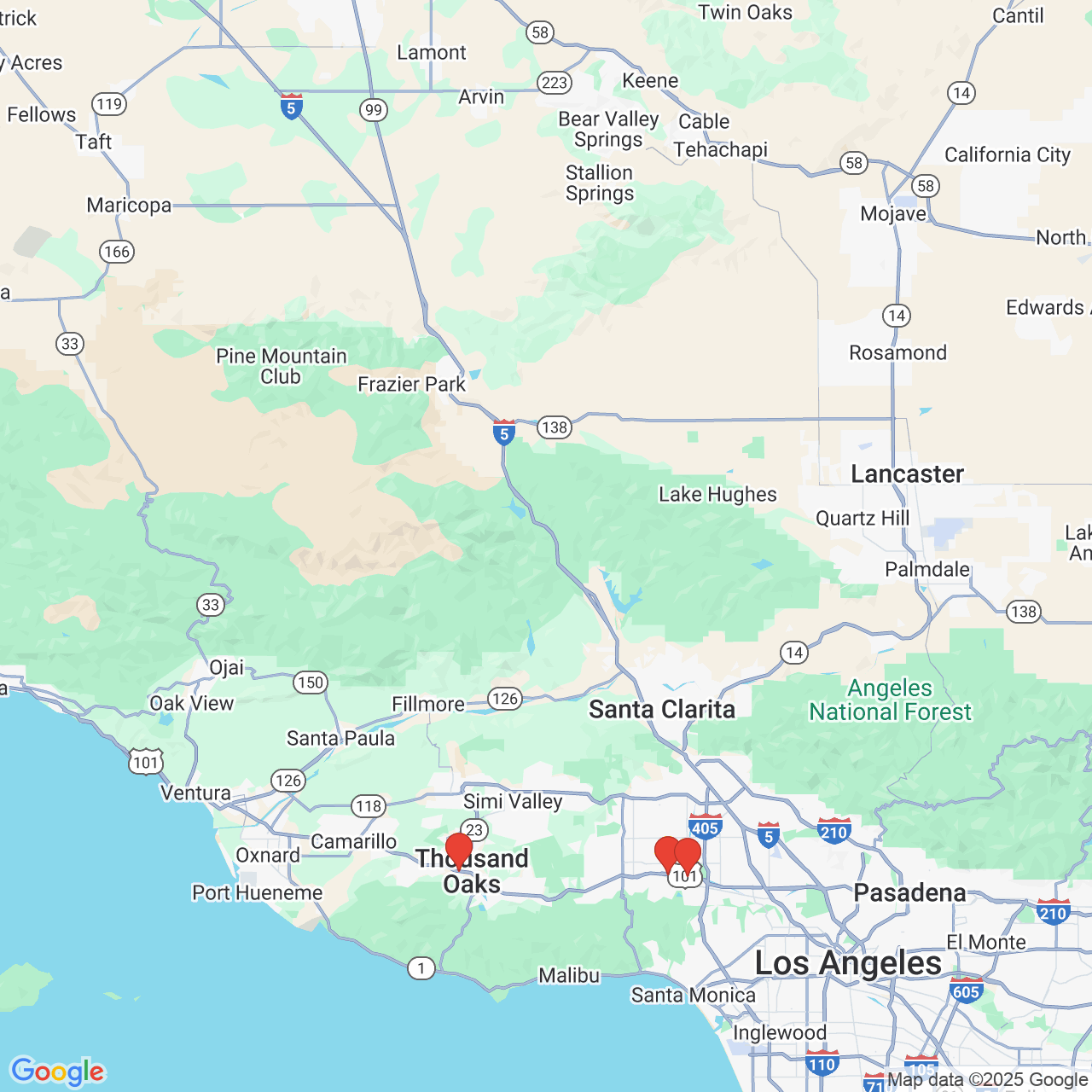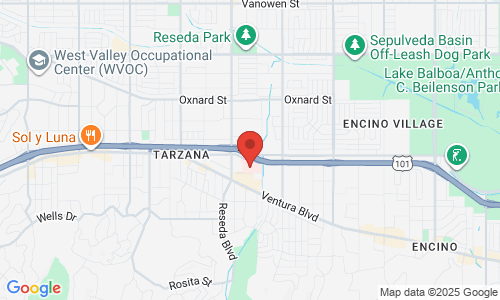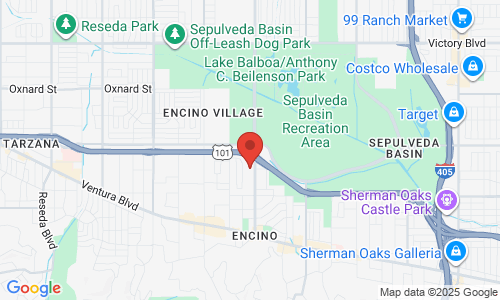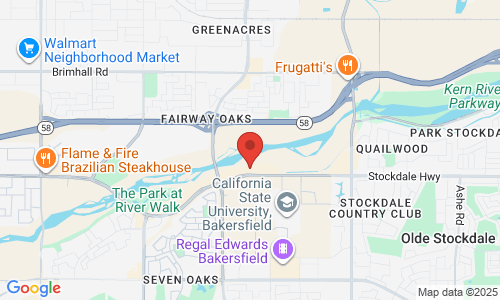Eggsurance interviews Dr. Marc Kalan, Tuesday, 6/18/2013 - Egg Freezing, Los Angeles
Eggsurance interviews our very own Dr. Marc Kalan. Please see interview details below:
I met Dr. Kalan a few weeks ago. He is one of those rare doctors who "just gets it" and agreed to share his thoughts on egg freezing with Eggsurance.
Dr. Kalan is board certified in Obstetrics & Gynecology and Reproductive Endocrinology. He received his medical degree from the Roslyn Franklin University of Health Sciences/Chicago Medical School. He completed his residency in Obstetrics and Gynecology and a three year fellowship in Reproductive Endocrinology and Infertility at the University of Southern California. While at USC, Dr. Kalan received several awards for resident teaching and patient care. He maintains his affiliation with the University through his appointment as Clinical Instructor in OB/GYN as well as serving on the board of USC's OB/GYN alumni association. Dr. Kalan has presented research at numerous national and international meetings on topics including Polycystic Ovarian Syndrome, obesity and reproduction and IVF Laboratory conditions.
The ASRM recently removed their “experimental” label, how do you think this will affect the future of egg freezing? Removal of the experimental label is already having, and will continue to have, major consequences in the evolution of oocyte cryopreservation.
First, removal of the label provides legitimacy. While, the scientific merits of the process have been evident for some time, by removing the tem “experimental,” the ASRM has translated that scientific merit to cultural merit. Thus, the general public can rely on the countries’ largest reproductive medicine society to acknowledge that egg freezing is not a fringe process and deserves its place amongst established fertility preservation techniques.
Second, this step will dramatically expand the availability of egg freezing to patients across the country. While the experimental label was in-place, most clinics utilized an institutional review board (IRB) and had special “experimental” consents for patients seeking oocyte cryopreservation. This extra logistical layer resulted in fewer clinics offering the service and some patients being “spooked” at the notion of participating in an “experiment.” Removal of the label streamlines the process and alleviates some of the anxiety patient’s encounter during their journey.
Third, somewhat ironically, removal of the “experimental “label will lead to much more experiment and ultimately knowledge about oocyte cryopreservation. By expanding the availability and access, we are now able to collect much more data on outcomes in different populations and with varying techniques. This will lead to improvements in all aspects of the process.
What types of egg freezing patients are you seeing at your practice? I see two main types of patients for egg freezing. One group is composed of women who are freezing because they do not currently have a sperm source, are not interested in using a sperm donor and want to preserve their fertility for a future time. About half of these patients fit the classic ‘career woman’ archetype. They are between 35 and 40 years of age, are highly educated and have a stable job. The other half is split between younger women who are often collaborating with their family to freeze eggs and older women who feel that freezing eggs relieves some personal pressure to acknowledge their biological clock.
The second group is freezing because some event in their life threatens their future fertility and they do not have a current sperm source. This group includes a variety of women, from those who will be starting chemotherapy for a malignancy, to transgender individuals prior to initiating hormone therapy.
Of course within these groups, individuals hale from a variety of ethnicities, cultural backgrounds and socioeconomic levels.
Many women in the Eggsurance community are concerned about what, if anything, they should be doing pre-procedure (in terms of exercise, diet, supplements) to ensure the most successful retrieval possible? While age is the single greatest predictor for a successful procedure, it is also the one factor over which we have no control. For this reason, I think it is worthwhile trying to optimize the other controllable variables which contribute to the successfulness of a cycle.
Weight, especially at either extreme of the spectrum (too heavy or too light) can have a negative effect on the number of eggs retrieved. Being normal weight means that it is easier for your doctor to choose the right amount of medicine for you, it means that your body will respond in a more predictable manner and that the procedure to retrieve the eggs will be simpler. Further, maintaining a healthy weight means that once you do become pregnant, the pregnancy will progress with less chance of complications such as diabetes, preeclampsia or delivery difficulties.
Diet is a critical component to all fertility therapies and it is definitely better to eat healthy than unhealthy. With that being said, there is not a single food or collection of foods that is known to change the number of oocytes available. Therefore, Women do not have to add extra stress to this already stressful process by trying to adhere to a strict diet. I’ve found that balanced, healthy fresh meals with a few “indulgences” here and there, works pretty well. In addition, I tell my patients that they do not have to quit coffee. One cup of coffee or maybe 2 cups of “half-caf” per day is perfectly acceptable.
I believe that Traditional Chinese Medicine including acupuncture can play a beneficial role in this process. While the scientific data supporting a benefit from TCM in this setting is inconsistent, it is clear that TCM (from an experienced practitioner) is safe and not detrimental. I usually tell patients that if I were going through the process myself, I would probably utilize some form of TCM. I refer patients to the American Board of Oriental Reproductive Medicine (www.ABORM.org) to find a reliable TCM practitioner.
There have also been several discussions in the Eggsurance community about the decision to freeze eggs or embryos. What do you recommend to your patients? The decision between freezing eggs or embryos hinges on several factors. First, if a patient is has a sperm source to which they are committed, then they should freeze embryos. Embryo freezing has been performed for close to 3 decades and therefore there are long term data to support its use. While it appears that egg freezing may be as efficacious as embryo freezing, there are just not enough data, at this point, to know for sure.
For women who do not have a sperm source and are not interested in donor sperm, egg freezing is really the only option for them. Fortunately, it is a good option and can provide a reasonable chance for pregnancy in the future.
For the women in the middle, who are considering a sperm donor, but would like to keep their options open, I often recommend freezing some eggs and some embryos. So long as there are enough eggs, this option gives the best of both worlds.
What is the one thing you would like to tell women about egg freezing that they might not know or have considered? It is important to know that there is no magic number of eggs that all women should strive for. The ideal number of eggs for some patients may be very different than the ideal number for another. Patients should keep this in mind when speaking with friends or other patients who have already frozen their eggs. I discourage my patients from comparing their supply to someone else’s. Further, one of the benefits of egg freezing is that it relieves some of the internal stress derived from the ticking biological clock. I think it is a shame to replace that relieved stress with new stress based on the perception that one has too few eggs in storage.








